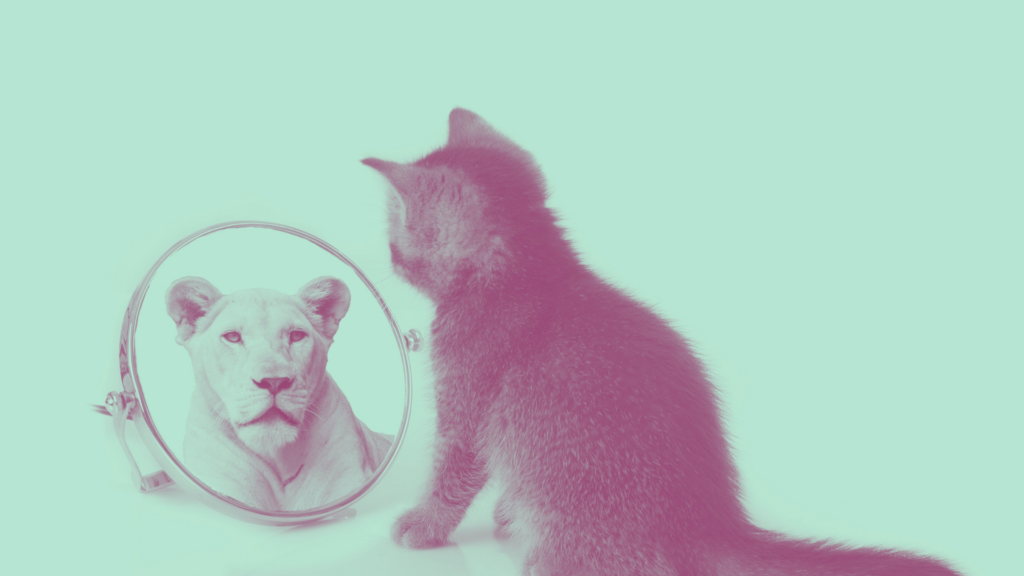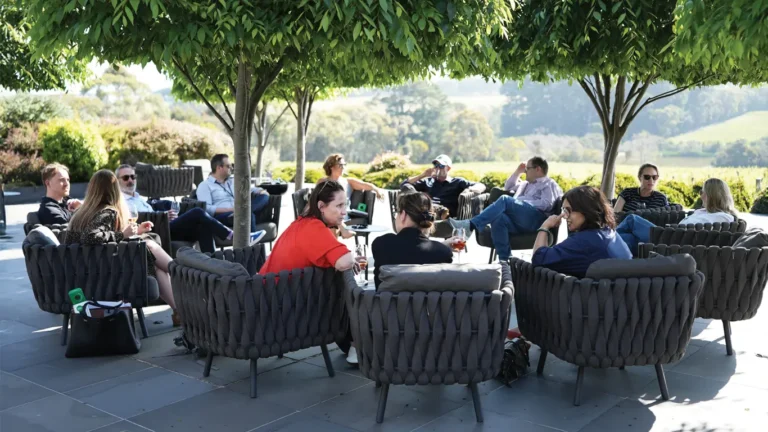

To understand the demands of the younger workforce, we must look as to where their differing values have come from. Millennials, and particularly Gen Z grew up with technology as an extension of their right (or left) hand. This has created a globally connected generation who know only the ease of rideshare apps and Uber eats – calling around for a taxi or going to collect take-out is a foreign concept for them. While Millennials still remember dial-up internet and playing with Tamagotchi as teenagers, their ability to adapt to new technology has far surpassed that of the Gen X and Baby Boomers.
The comfort that younger generations have with technology directly translates to an ease with remote working. Whilst they still appreciate the social aspect of an office, recent Deloitte research shows that two thirds of Gen Z and Millennials seek permanent home working after COVID-19. The acceleration of remote working that COVID-19 facilitated has revealed a workplace generational divide. Whilst nearly half (47%) of over-55s had returned to offices at least one day a week by the end of September 2020, only a third (32%) of under-35s had done so.
Shivani Maitra, a Deloitte Consulting Partner said; “The disparity between older and younger generations of the workforce returning to the office is likely to be a reflection of the preferred working arrangements of different age groups, particularly younger workers’ receptiveness to change.” Due to their natural ability with technology, the adoption of remote working technologies such as MS Teams, Google and Zoom was easier as well as their ability to effectively communicate online and asynchronously.
Data from the Deloitte 2020 Global Millennial Survey shows that Millennials see a direct positive correlation between remote working and employee satisfaction, having a positive impact on local communities, reducing impact of the environment, creating an inclusive and diverse working environment, financial performance, talent attraction and retention, and also supporting employee development. So what does this mean for leaders?
Leaders should ensure that their businesses have the digital capabilities to allow employees to work remotely whilst staying connected and performing their duties. This requires staying up to date with remote working technologies, and providing older generations with training to feel confident using technologies such as Zoom or MS Teams in order to feel on even footing with their Millennial and Gen Z colleagues. Lauren Foster, Deloitte Human Capital Partner said “it’s also essential to ensure employees can work remotely and effectively by providing them with the necessary training, education and development opportunities.”
Leading with flexibility in mind is not just about remote working, but also flexibility in hours, or perhaps moving beyond this narrative all together and focusing on the outcomes. Leaders need to offer choices to their employees to suit different generations and their needs. Where a 23 year old worker may want flexibility in working remotely, a 37 year old new parent may want to start early in the morning at finish in time to pick their children up from school. For a leader to cater to all ages of their team, it is crucial for them to recognise that there is no ‘one-size-fits-all’ flexible work arrangement, but that this also doesn’t make them lazy or unproductive, in many cases it makes them work smarter.
Millennials and Gen Z hold true to their core values, and want to work for a company that reflects these values. This means business cultural alignment is crucial as employees want to see positive action being taken for climate action, inclusion and diversity and giving back to the communities they work and play in. As such, the most successful organisations will be the ones who design their employee experiences to the needs of their employees, which for leaders means balancing company performance with modern management skills, which includes flexibility and not treating everyone the same despite how annoying that might be.
Leaders should engage in a regular dialogue with their employees to ascertain what their concerns are and how the business can best deliver to address these. The danger in not doing so lies in staff turnover. The percentage of millennials who expected to leave their job in the next two years was 49% in 2019 according to Deloitte. This number dropped to 31% in 2020 but this is likely due to the instability that COVID-19 caused to the job market. Why are millenials so un-attached to their companies? A Gallup study found a link between attrition and millennials values. The study found that only 29% of millennials reported being engaged at work, and 16% reported being actively disengaged. This leaves 55% of the millennial workforce disengaged and uninspired by their organisation.
Research from Jean M. Twenge and Stacy M. Campbell’s “Who are the Millennials?” shows that a major generational shift in work expectations is for ‘leisure value’, essentially a desire for a job with better work life balance, hence the draw to remote working. The catch 22 however, is that research also shows younger generations score higher on narcissistic personality traits, they have a higher sense of self and expectations for their success, which could be attributed to social media and the “comparison epidemic” of constantly scrolling through the highlight reel of other people’s lives. However it presents a crunch point for business leaders, as ultimately if a millennial is not finding value in their workplace it is likely their desire for work-life balance will see them shift somewhere else.
In saying this, where companies are working to attract and retain younger workers, these individuals will need to do some work themselves. The high expectations of this group will need to be addressed early, with clear inputs and outputs required between the employer and employee established early on. If the expectations of the employee are communicated and met with respect for their values and desired ways of working, it provides them with a clear pathway to achieving success on the terms they want.
To be effective, modern leaders need to be savvy in the way they look to understand the needs of their employees and how these change from generation to generation. They must accept and adapt their companies work practices to harness technology that facilitates remote working, to create valuable employee experiences, and an attractive organizational culture, whilst communicating clearly the expectations the employee is required to meet, and providing the skills, capability and guidance to allow them to be the best employee and person that they can be.


